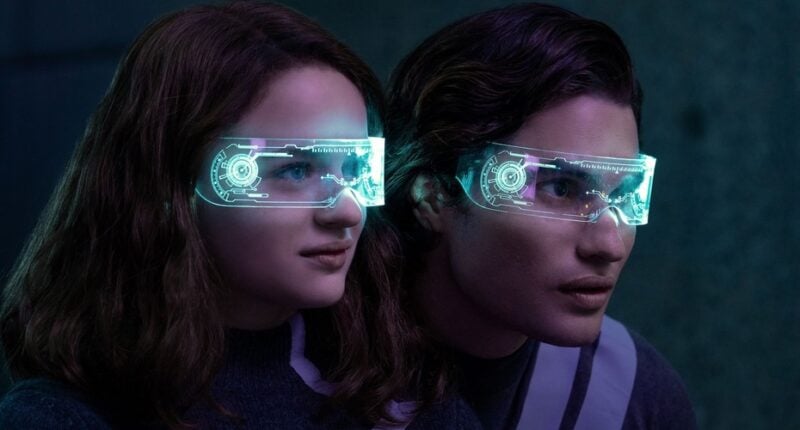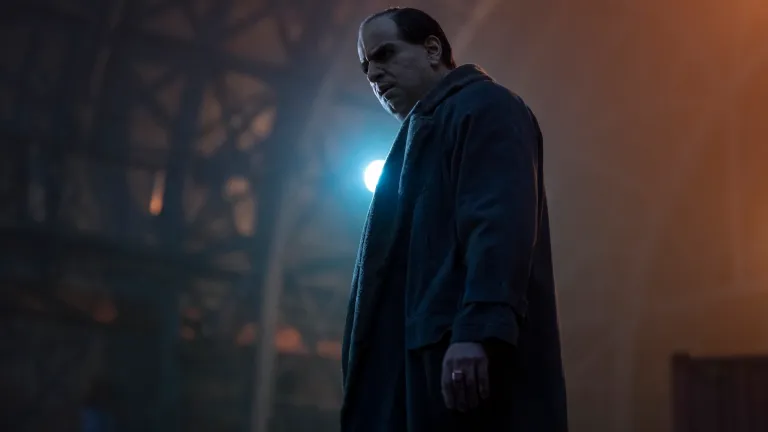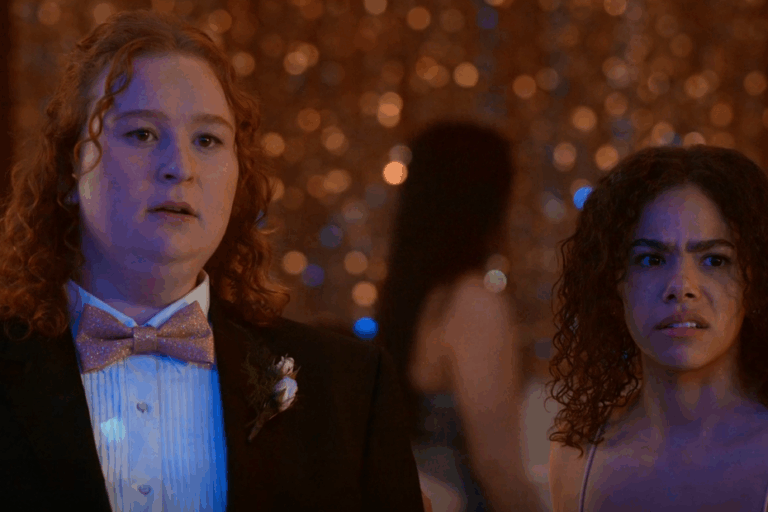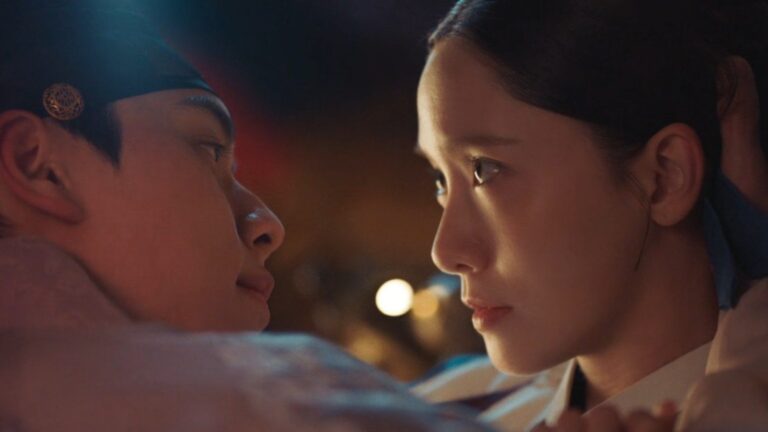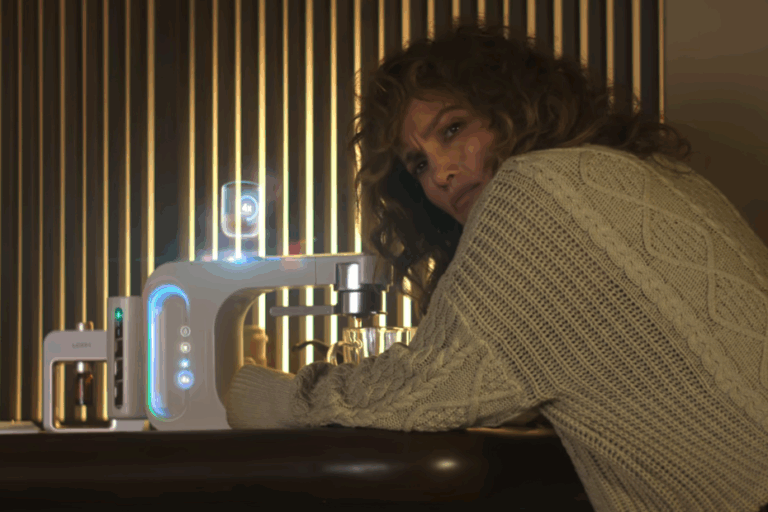Uglies Netflix Review
Scott Westerfeld’s dystopian novel from 2005 is adapted for Netflix in Uglies, a visually arresting but conceptually disorganized movie directed by McG. The film, which is set in a future civilization fixated on aesthetic perfection, imagines a society in which everyone is considered “ugly” until they turn 16 and get surgery to become “pretty.”
The protagonist of the tale, Tally Youngblood (Joey King), has optimistic notions about the world that are called into question when she witnesses her best friend Peris (Chase Stokes) undergo a dramatic transformation.
If you’re wondering how the movie is and if it is worth giving your time to, keep reading this article.
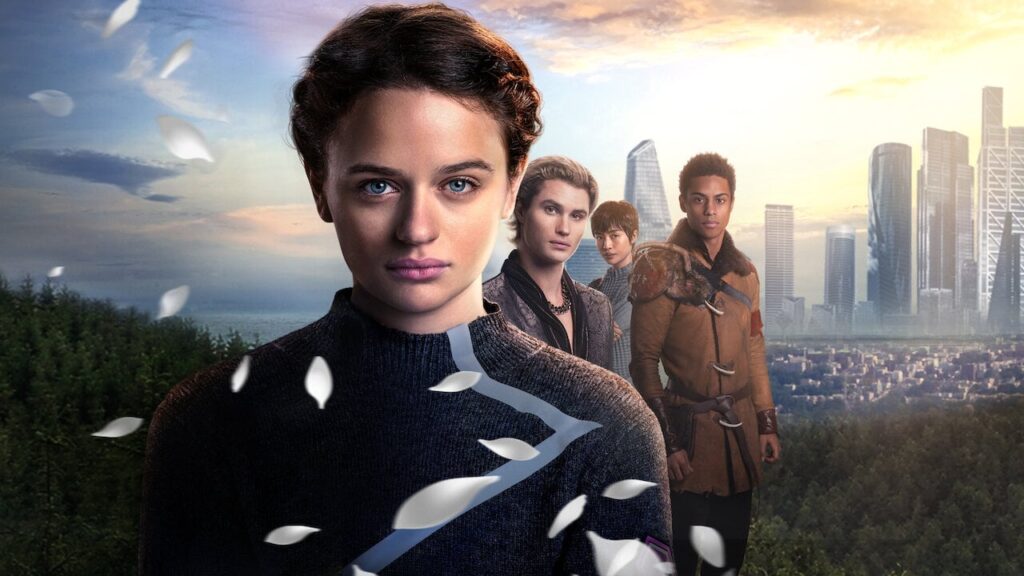
The Dangers of Dystopian Stereotypes: Uglies’ Problematic Depiction of Trans Individuals
In Uglies, Tally, a rebel at heart, joins The Smoke, a group opposing the superficiality of the “Pretty” society. With David and Shay, she uncovers a dark secret about the cosmetic surgery that controls their lives.
Tally must face Dr. Cable, the architect of this dystopian world. Uglies satirizes society’s obsession with physical beauty and the lengths people will go to achieve it. The film mocks this obsession by portraying “uglies” as conventionally attractive individuals who are deemed undesirable in their natural state. It highlights the absurdity of extreme beauty standards, presenting “pretty” as an unsettling, overly polished ideal.
While Uglies aims to critique society’s obsession with cosmetic perfection, its execution of this metaphor is problematic. The film oversimplifies cosmetic surgery as inherently negative, ignoring the complexities of body modification and the diverse reasons individuals might choose to undergo such procedures.
This narrow perspective is particularly troubling when the antagonist, Dr. Cable, is played by Laverne Cox, a prominent trans actress.
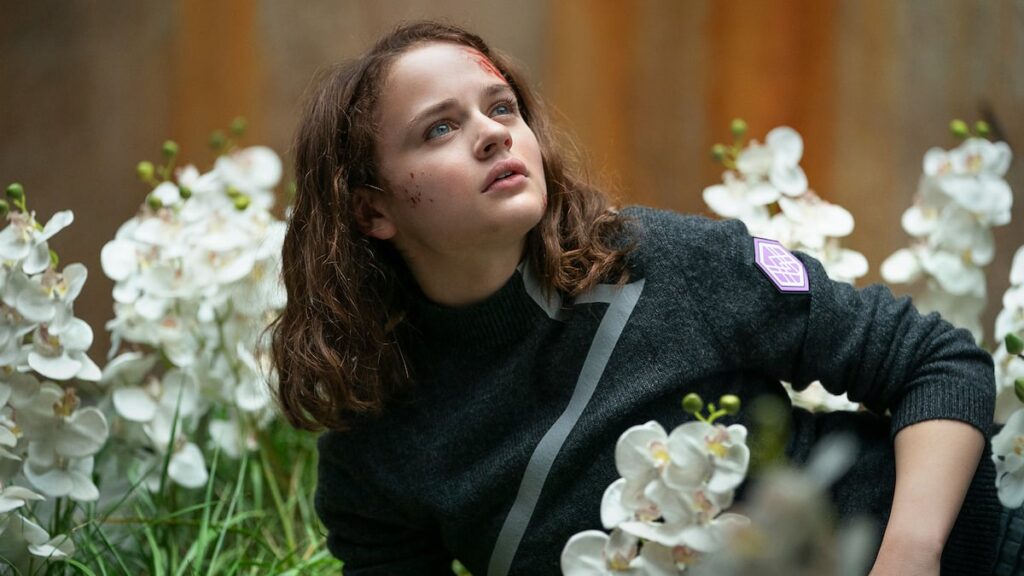
Cox’s role as a villain in a film that critiques cosmetic surgery raises uncomfortable questions about the portrayal of trans individuals and the unintended implications of associating them with villainy.
Visually, Uglies lacks distinction. McG’s direction, known for his work on Terminator Salvation, results in a generic and visually unremarkable film. The futuristic sets and architecture feel sterile and reminiscent of abandoned shopping centers, failing to convincingly portray an advanced society.
The action scenes lack detail and excitement, and the film’s reliance on unconvincing CGI detracts from its impact. Despite attempts to create a unique visual style, the film falls short, often appearing as a low-budget imitation of other successful YA dystopian franchises.
A Glimmer of Hope: The Strong Performances in Uglies
The casting offers a mix of performances in Uglies. Joey King, who not only stars but also serves as a producer, brings passion to her role as Tally. Her character’s journey from a naive believer in the “Pretty” system to a disillusioned rebel is compelling, though the screenplay does not fully explore her transformation.
Keith Powers as David and Brianne Tju as Shay deliver solid performances, with Tju’s portrayal of Shay standing out as the most impactful in Uglies. Shay’s radical perspective and tragic storyline resonate strongly, offering a poignant critique of the society depicted in the film.
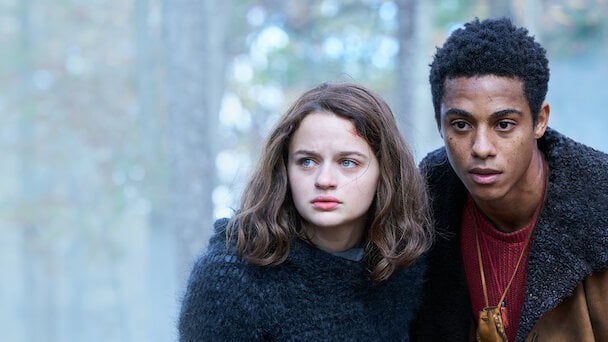
Chase Stokes as Peris and Keith Powers as David are less convincing. Stokes fits the role of a charming yet unsettling character, while Powers, though capable, seems too polished for his role as a rebel leader. The film’s attempt to develop a romantic subplot between Tally and David feels unconvincing due to their contrasting portrayals and the lack of chemistry.
Conclusion
Uglies is a visually arresting but conceptually disorganized adaptation of Scott Westerfeld’s dystopian novel. While the film offers a compelling critique of society’s obsession with physical beauty, its execution is flawed.
The oversimplified portrayal of cosmetic surgery and the problematic casting of Laverne Cox as the villain raises uncomfortable questions. Visually, the film lacks distinction, and the romantic subplot between Tally and David feels unconvincing. Despite these shortcomings, the strong performances from Joey King, Brianne Tju, and Chase Stokes provide a glimmer of hope.
